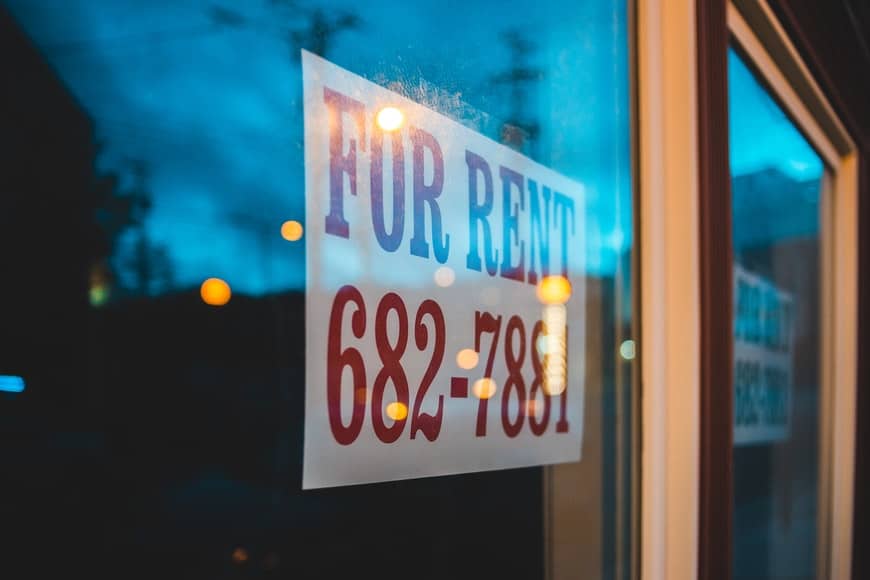Stubborn Landlords, When you have a stubborn landlord, life can be unbearable. And to aggravate and fan the flames, you’re paying this stubborn landlord or their property manager full price for a dishonorable job.
Lets’ face it; what if you’re carrying on honesty by sending your rent payments on time, and abiding by the lease terms, but your landlord isn’t upholding their part of the agreement? Well, if that’s what it comes to, then unfortunately you may have to pick your battles.
Table of Contents
Can You Legally Annoy Your Landlord?

Short answer: yes. You can lawfully annoy your landlord. Before you get your landlord in trouble, decide when it’s appropriate. Knowing you can sue or otherwise annoy your landlord should ease your mind. The danger of being sued can deter recalcitrant landlords, but it may not be worth it. It may be, but examine the pros and disadvantages first.
For instance, suing takes time. Make sure you’re all available and can spend time and energy to a court case. This entails planning, filling out, and presenting before a court. You must also pay court costs if you lose. It pays to look at the larger picture before getting your landlord in trouble, even if you have a valid reason.
You can get your landlord in trouble if they infringe local landlord laws, but you could lose your lease. In most of America, leases with start and end dates (year-long tenancies) do not automatically renew. That implies you can leave when the lease ends, which may help if your landlord is stubborn.
Tenant Rights Your Landlord May Not Want You to Know
As mentioned before, the first step in getting your landlord in trouble is to make sure your landlord is doing something unacceptable. Start by reviewing the lease. You would ideally have to read your lease before signing it, but in case you didn’t, now is the right time.
Stubborn Landlords is not abiding by the lease terms, consider touching on that. For instance, your lease might state that the landlord needs to give you 24 hours’ notice before entering the property.
In the event that your landlord never does that, and they just pop over whenever they feel like it, then that is unacceptable. Your best remedy would be to ask the landlord to please give 24 hours’ notice before coming over.
Stubborn Landlords that doesn’t work, then you should consider familiarizing yourself with the law. This includes both state-specific landlord-tenant law and federal landlord-tenant law.
You can check out your state’s landlord-tenant law online by researching “landlord-tenant law in your state to find out what your rights are as a tenant.
Federal Landlord-Tenant Law
Tenants have three big guns working for them under federal landlord-tenant law: The Fair Housing Act, the right to quiet enjoyment, and the warranty of habitability.
If your landlord is not upholding one or more of those, whether stated in the lease or not, you can legally get that landlord in trouble.
The Fair Housing Act
The Fair Housing Act protects both renters and buyers from housing-related discrimination. There are seven protected classes: nation origin, race, color, religion, sex, disability, or familial status.
In case you fall within one of these protected classes, and your landlord is refusing to rent to you or is setting a different qualification standard for you just because of your classification, then he is breaking the law.
The Right to Quiet Enjoyment
The right to quiet enjoyment allows the tenants to live the rental property undisturbed, without the landlord or any other person trying to claim the property during the tenancy.
For example, in a famous landlord-tenant case from 1988, a landlord was found to be in violation of the quiet enjoyment agreement for failing to stop the noise of a smoke alarm in a timely manner. The alarm was sounding overnight and the tenant was awarded three months’ rent money for the disturbance.
The Warranty of Habitability
This law mandates landlords to provide habitable rentals. In most states, landlords must offer heat, drinking water, plumbing, electricity, hot water, smoke detectors, a pest-free property, and a building that meets local building requirements.
Tell your landlord if you think your rental is unlivable and give them a chance to rectify it. The problem must be repaired within 30 days of the request, however this depends on the problem.
Common Reasons for Legally Annoying Your Landlord

Keeping the Security Deposits
Most states have laws on what is required of landlords regarding security deposits. Landlords usually need to return the deposit within a certain time frame, usually 30 days from move-out. In the event that the landlord keeps all or part of security deposits, they generally need to send a reason why along with receipts.
Rent-Control Areas
The government regulates rent and when landlords can evict tenants under rent control. California and New York have rent control, but other states and counties do too.
Rent control is designed to lower rents, but landlords are rarely motivated to make repairs or maintain the unit because renters are likely not paying market-rate rent. This can make tenants frustrated and try to get the landlord in trouble. That may explain why rent control tenants don’t worry about eviction notices for reporting problematic landlords.
Neglecting Repair Requests
Stubborn Landlords rental is unsafe, or rather not in livable condition, the landlord should fix the problem within a certain timeframe.
Noise
If your rental has a noise that is under the landlord’s control, such as the above example concerning the smoke alarm, the landlord should do something in a timely manner. However, keep in mind that some noise issues are out of the landlord’s control.


